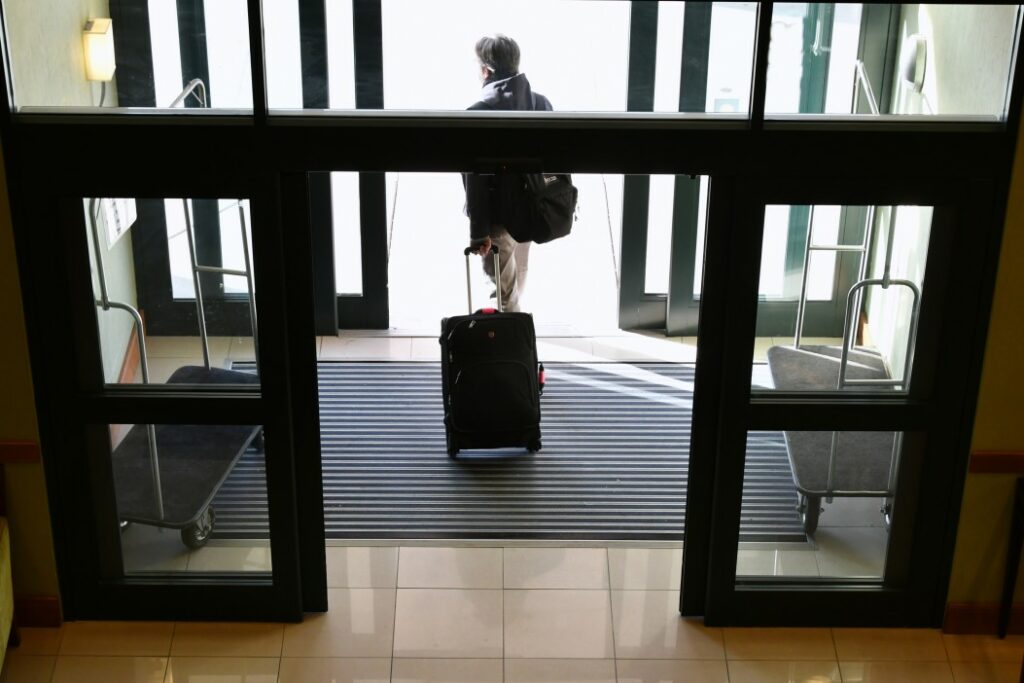In December 2020, footage went viral showing 23-year-old Mary Ponsetto attacking 15-year-old Keyon Harrold Jr. in the lobby of New York’s Arlo Hotel because she believed he’d stolen her cell phone. (In reality, she’d left it in an Uber.) In the video, a hotel employee seems to take Ms. Ponsetto’s side, demanding that Mr. Harrold Jr. turn over his phone to prove it isn’t stolen rather than stopping her from making what are clearly aggressive and racially motivated accusations. Now, Ms. Ponsetto has pled guilty to unlawful imprisonment in the second degree as a hate crime, and the Harrold family is suing her and the Arlo Hotel over the attack.
The most obvious issue that the event illustrates is that racial bias still triggers false accusations of criminality toward black Americans, in varying degrees. When Ms. Ponsetto couldn’t find her phone, it seemed perfectly rational to her that the young black man in the hotel lobby with her must have taken it. When she told a hotel employee he’d stolen her phone, it seemed perfectly natural to the employee to take her accusation seriously and to assume that the young man—a hotel guest, who was just using his phone in the lobby—must be a criminal. In this regard, it’s a reminder: racial bias is both pervasive and systemic, and we all have an obligation to right the wrongs that it causes.
The second, perhaps more hopeful, issue that it illustrates is that things are changing. When there is evidence (in this case cell phone footage taken by Mr. Harrold Jr.’s father and security footage from the lobby cameras) that an attack is both unfair and clearly motivated by race, there are consequences. That means that our society is moving in the right direction. Increasingly, racism can’t exist with impunity. We have laws and processes in place to protect the victims of bias, and when they’re put to work, they produce a better form of justice.
However, this incident also illustrates just how critical it is to have ironclad evidence. Without cell phone and security footage, the District Attorney for New York would never have brought charges, and it would have been next to impossible for the Harrolds to pursue a successful lawsuit against Ms. Ponsetto or the hotel. If you’ve been wrongly accused of criminality based on your race, that evidence may exist even if you don’t have cell phone footage, but it is essential to discuss your case with experienced attorneys who can help you find the evidence you need, and who are willing to fight on your behalf.

